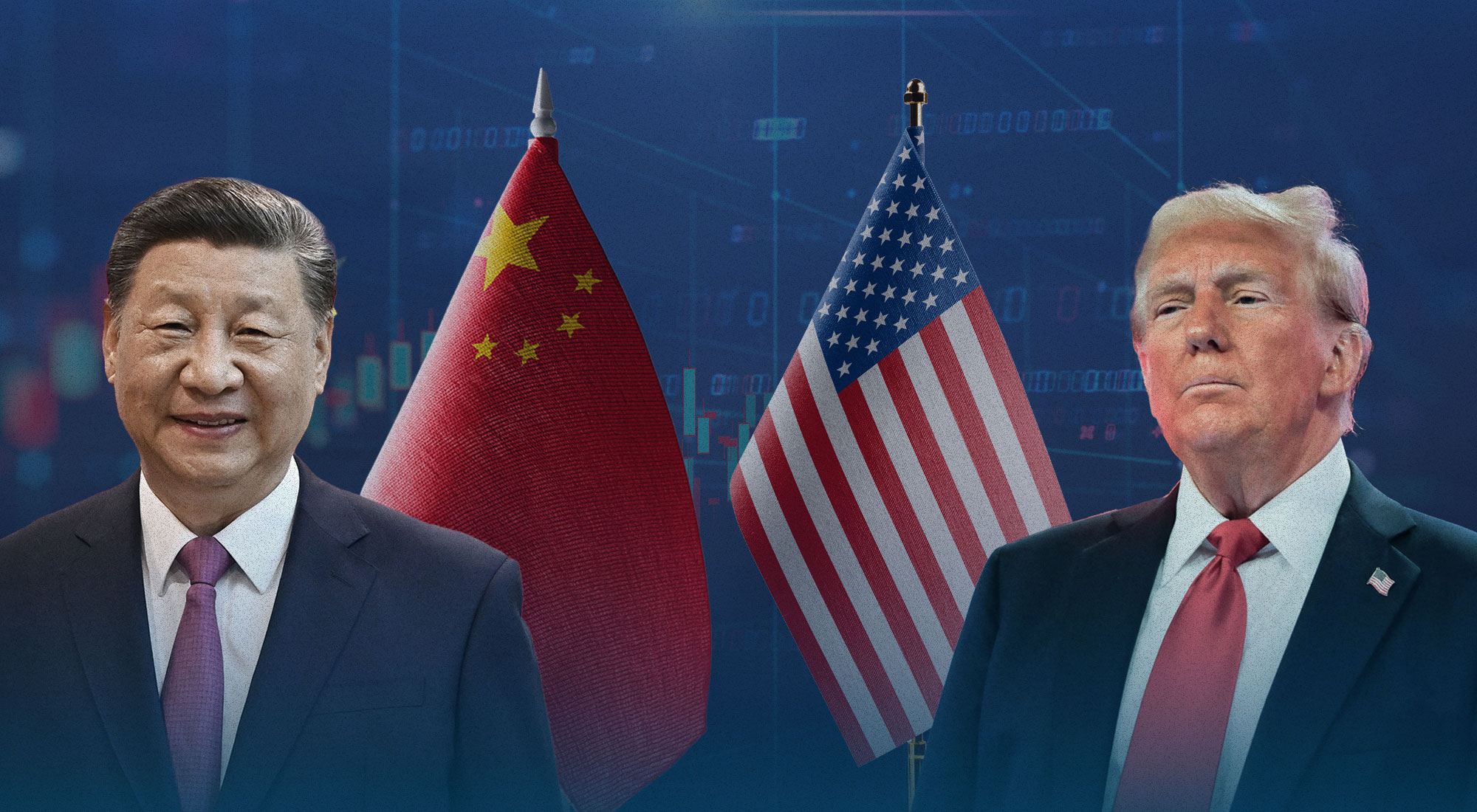
Snapshots
The Upcoming Trump–Xi Jinping Meeting and Its Implications
28 Oct 2025
Amid the ongoing momentum of the trade war between the United States and China, discussions are currently circulating about the possibility of a meeting between President Donald Trump and President Xi Jinping on the sidelines of the Asia-Pacific Economic Cooperation (APEC) Summit in South Korea. This anticipated encounter carries multiple implications that could have tangible effects on the global economic landscape.
The key implications of this potential meeting include:
- Washington’s desire to reach concrete solutions with Beijing, stemming from the reality that a globalized economy cannot endure prolonged trade wars without severe consequences, particularly in terms of inflation.
- China’s attempt to adapt to Washington’s expectations, given that the sanctions imposed on it have limited its freedom to operate in U.S. markets. This is especially significant considering that bilateral trade between the two countries exceeded $600 billion last year.
- The mutual interest of both the U.S. and China in easing global market anxiety, as the two powers are central to the political, economic, defense, and security frameworks of most nations, albeit with varying degrees of interdependence depending on regional geography and strategic interests.
The potential outcomes of this meeting could include:
- If a comprehensive economic deal is signed, as speculated in media reports, it would likely slow down the escalation of the ongoing tariff war.
- Increased market confidence in the future of U.S.–China trade relations, providing investors with greater assurance to engage and reinvest in the market.
- A sense of relief for China’s large-scale initiatives, such as the Belt and Road Initiative (BRI), which could help reduce regional tensions that have emerged in recent years, particularly in countries hosting these projects.
In any case, even if an agreement is reached, this meeting would not mark the end of the U.S.–China trade war. Rather, it would signal an economic truce, giving both sides a window of time to reassess their priorities, prepare future responses, and secure alternative pathways to maintain their ambitions for leadership in the global economic order.


